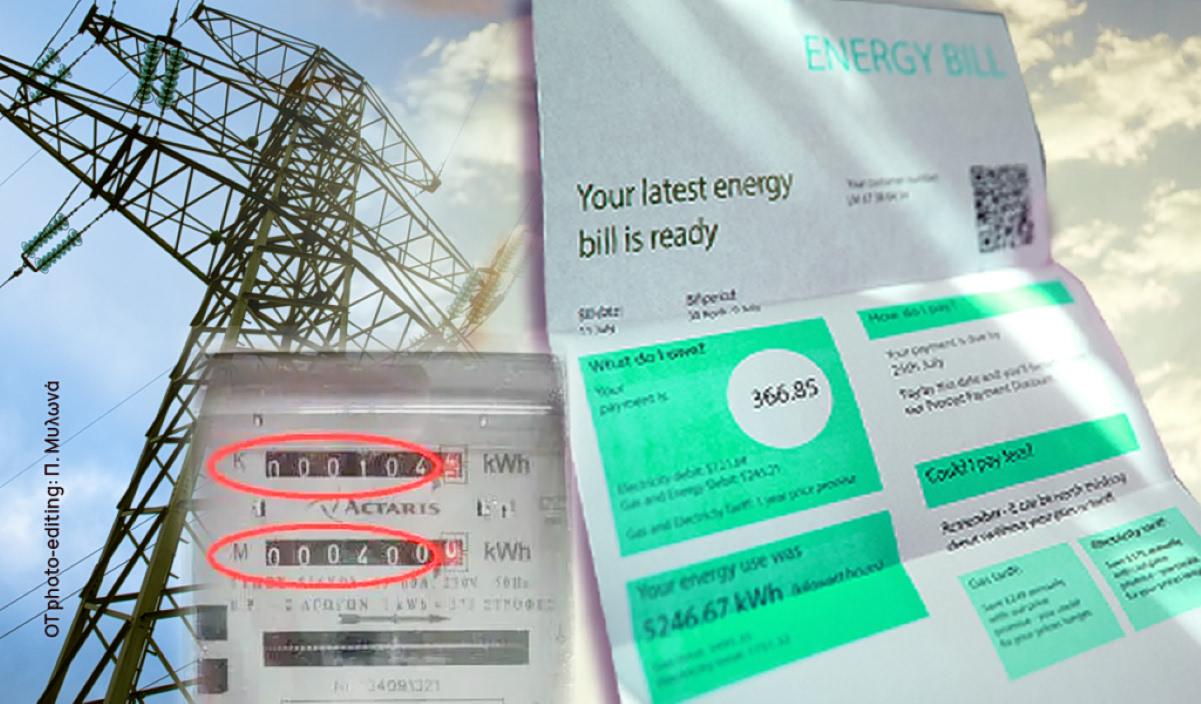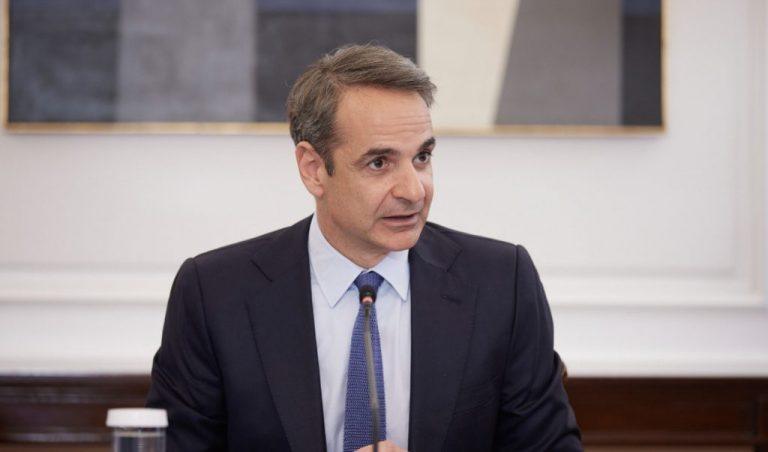Radical changes are reshaping how Greece’s tax offices, customs, and auditing authorities are operating in the country in their efforts to target tax evasion, such as through digital client registries, through the cross-checking of income, bank deposits, and real estate assets, and 72,400 sweeping annual inspections for receipt issuance, VAT payments, and property transfers.
Understandably, both citizens and businesses are now questioning: Where is Greece’s tax authority headed and how will these new, all-encompassing financial audits shape economic activity in the country going forward?
Stronger Safeguards Against Tax Evasion
There is no doubt that the integration of technology and artificial intelligence is transforming tax enforcement, making safeguards for public revenue and tax compliance significantly more effective. The Independent Authority for Public Revenue (AADE) has strengthened its control mechanisms to the extent that anyone attempting tax fraud is far more likely to be detected.
However, a key factor that must be considered is Greece’s high tax rates. Historically, the higher the tax rates—whether on income or VAT—the greater the incentive for tax evasion. Now that the state is increasing revenues by identifying and curbing tax avoidance, a logical next step would be a corresponding reduction in tax rates.
In recent years, Greece’s high tax rates served as a buffer against revenue losses due to widespread tax evasion. For instance, if a taxpayer declared an annual income of €15,000 but actually earned €30,000, the state imposed high tax rates to recover a portion of the “lost” taxes.
Current Tax Rates and Potential Cuts
With the new tax enforcement measures compelling taxpayers to declare higher real incomes, the Ministry of Finance is now under pressure to reduce tax rates to prevent excessive financial strain.
Currently, Greece’s income tax rates are as follows:
- 9% for income up to €10,000
- 22% for income between €10,000 – €20,000
- 28% for income between €20,000 – €30,000
- 36% for income between €30,001 – €40,000
- 44% for income over €40,000
According to senior Finance Ministry officials, Prime Minister Kyriakos Mitsotakis is expected to announce tax rate reductions in September 2025 at the Thessaloniki International Fair. These cuts will be based on increased state revenues and budget surpluses generated by tax compliance and economic growth. The more effective the tax enforcement measures prove to be, the greater the likelihood of a substantial reduction in tax rates.
Total Financial Oversight: The New Era of Tax Audits
Many sectors previously plagued by tax evasion will now face unprecedented scrutiny through the digital client registry system. Businesses will be required to digitally report all customer transactions, making it nearly impossible to underreport income.
For example:
- Auto repair shops must digitally log every vehicle entering and leaving their premises. If audited, shop owners will no longer be able to claim they had no revenue due to a lack of business.
- The same will apply to parking garages, car washes, and rental services, ensuring all transactions are recorded and auditable.
However, for these digital systems to be fully effective, tax authorities must also conduct on-site inspections to verify that businesses accurately report transactions.
This new system fundamentally changes tax compliance by giving AADE real-time visibility into business transactions, reducing the need for physical audits. Businesses will be required to input license plate numbers, customer details (where necessary), and proof of transactions. Initially, the system will operate via AADE’s website, with a mobile app version launching soon for greater accessibility.
Whistleblower Reports on Tax Evasion Are on the Rise
In 2024, Greek taxpayers submitted over 74,940 complaints via AADE’s “Appodixi” app and digital whistleblowing platform, exposing fraudulent receipts and other tax evasion tactics.
Key findings:
- 43,635 complaints were submitted anonymously via the “Appodixi” app, which has over 300,000 downloads.
- 31,309 complaints were submitted via AADE’s official platform, including:
- 27,514 related to tax violations
- 345 concerning customs violations and smuggling
- 3,450 involving corruption in public administration
To encourage whistleblowing, AADE has proposed financial rewards ranging from €100 to €3,000 for individuals whose reports lead to proven tax evasion. However, the official implementation of this incentive program remains pending.
New Tax Oversight Super-Agency & Large-Scale Audits in 2025
In 2025, Greece’s Independent Authority for Public Revenue (AADE) plans to conduct 72,400 tax audits, including:
- 26,000 full or partial income tax and VAT audits
- 25,400 on-site audits to check receipt issuance, cash register compliance, and POS systems
- 2,500 audits focused on property transfers, inheritances, donations, and parental gifts
- 17,600 targeted audits for specific financial activities
- 900 audits on large-scale tax evasion cases
In addition, on February 17, 2025, AADE will launch a new elite tax enforcement unit—the Large Taxpayer Audit Center (KEMEF)—which will focus on:
- Individuals with annual incomes exceeding €100,000 or high-value real estate holdings
- Publicly traded companies with revenues over €10 million
- Businesses reporting gross revenues exceeding €25 million
- Foreign residents with Greek-source income
- Government officials within AADE
At the same time, a new Financial Transactions Inspection Force (DEOS) will be deployed. Specially trained tax and customs officers, equipped with advanced tools, will investigate undeclared income, money laundering, and smuggling—focusing on high-profile tax fraud cases.
What’s Next?
With tax evasion enforcement at unprecedented levels, the key question remains: Will the Greek government follow through with meaningful tax cuts?
Experts agree that, if tax compliance measures continue to increase state revenue, there will be greater justification for reducing tax rates, easing the burden on taxpayers. However, if economic pressures or political considerations delay these cuts, taxpayers may continue to face high tax rates despite the state’s growing budget surpluses.
As September 2025 approaches, all eyes will be on Thessaloniki International Fair, where Prime Minister Mitsotakis is expected to announce potential tax reductions. Until then, Greek citizens and businesses will remain under intense financial scrutiny as the government seeks to strike a balance between tax enforcement and economic growth.
Source: tovima.com










































